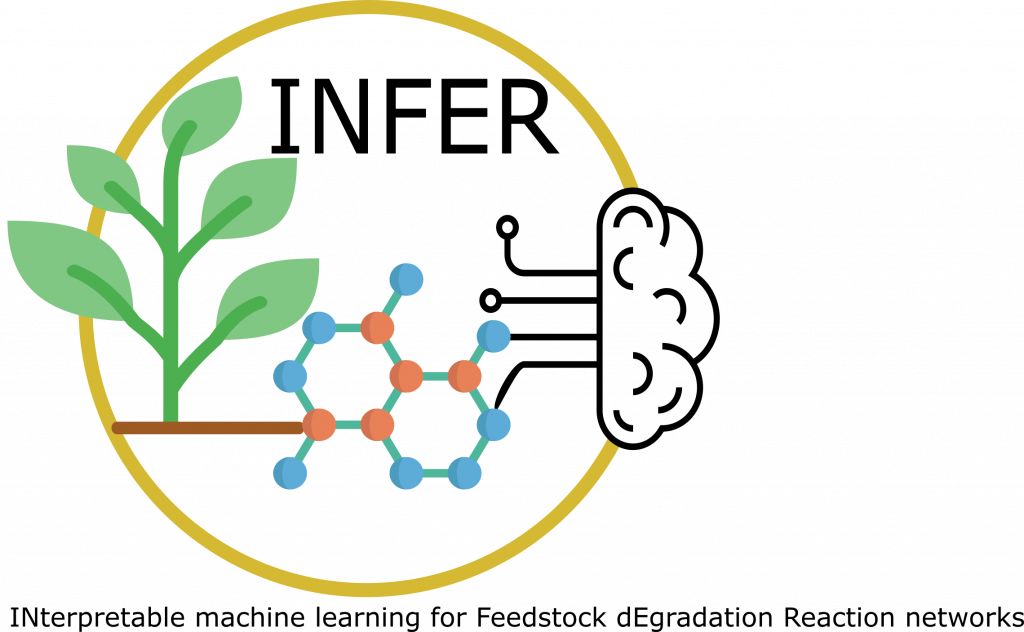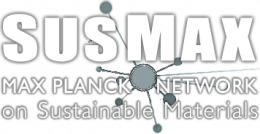A tandem project of Prof. Dr. Karsten Reuter (Fritz-Haber-Institut der Max-Planck-Gesellschaft) and Prof. Dr. Peter Benner (MPI for Dynamics of Complex Technical Systems).
About/Topic
This project explores new ways to turn plant waste into valuable base chemicals that can help in the design of sustainable, bio-inspired materials. The main focus is towards the understanding of how catalysts work in complex environments. This represents a typical condition found for green industrial processes using plant-based feedstocks, where the catalysts rapidly degrade, limiting their long-term use. By combining recent advances in data-driven modelling, the project aims to map reaction pathways and uncover how to prevent such degradation. The goal is to accelerate discovery and enable more resilient and sustainable chemical processes for the future.
Persons
- PI: Prof. Dr. Karsten Reuter (Director, Theory Department, Fritz-Haber-Institut der Max-Planck-Gesellschaft)
- PI: Prof. Dr. Peter Benner (Director, Computational Methods in Systems and Control Theory Department, MPI for Dynamics of Complex Technical Systems)
- Co-PI: Dr. Christoph Scheurer (Group Leader, Theory Department, Fritz-Haber-Institut der Max-Planck-Gesellschaft)
- PD: Dr. Gianmarco Ducci (Postdoctoral researcher, Theory Department, Fritz-Haber-Institut der Max-Planck-Gesellschaft)
- PD: Dr. Susanne Fürst (Postdoctoral researcher, Theory Department, Fritz-Haber-Institut der Max-Planck-Gesellschaft)
Project summary
Novel sustainable materials will require hybrid inorganic–organic chemistry to combine structural with functional properties inspired by natural systems. The chemical motifs, their stability, and degradation pathways of such inorganic–organic interfaces are only poorly understood at an atomistic level. The same holds in general for such mixed interfaces, which also occur in the earth sciences, in hybrid energy materials, or catalytic systems. In this project we will focus on the latter type of systems, in which an inorganic phase consisting of the catalyst material is in contact with a fluid phase, containing high contents of hydrophilic organic molecules in an aqueous matrix. This is the standard reaction scenario for future industrial processes based on natural residual plant-based feedstocks.
To control and mitigate such processes, detailed knowledge about the wanted catalytic reaction networks with all occurring intermediates, as well as the unwanted reactions underlying the degradation are required. This situation is akin to deactivation processes in traditional petro-chemical catalytic processes, where often coking is a problematic side reaction. The empirical optimization of petrochemical catalyst systems has been a task for many decades. The problem for a novel sustainable base chemistry is even more pronounced, as no simple regeneration, like coke burning in the case of traditional catalysts, is at hand when the catalyst mass has been dissolved into the aqueous matrix.
We here propose to leverage recent advances in interpretable machine learning in order to understand the underlying reaction network, with the ultimate goal to mitigate and prevent the catalyst degradation for accelerating the discovery of sustainable chemical processes.

